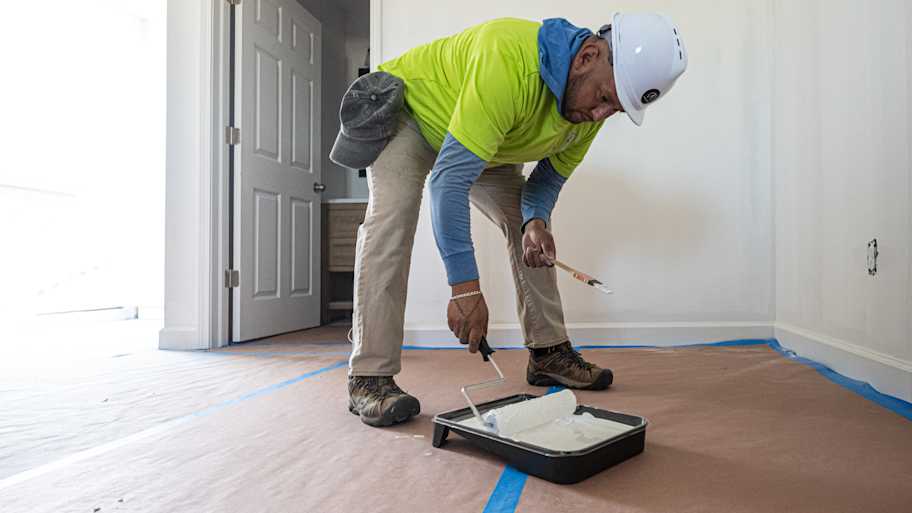How to Hire a Painting Contractor
Give yourself a break and let a painter handle this one


If you're tired of staring at those boring cream walls, it may be time to amp up your space with some color. While painting your home's interior is a manageable job for even the most novice DIYers, there are plenty of good reasons to outsource the job to a professional painter. Hiring a local interior painting company ensures your home gets an expert new paint job free from unsightly drips or patchy coats. Here's what to know before you pick up the phone to call a painting pro.
What Services Does a Painter Offer?
Services may vary based on the expert you’re considering, but in most cases, professional painters will offer most of the following services:
Interior and exterior painting services
Priming and preparing surfaces for paint
Taping walls and trim to prevent misplaced paint
Minor drywall repair
Drywall texturing
Offering color recommendations for your project
Tips for Hiring a Painter
Before hiring a painter, prepare by planning your project, checking references, and completing a consultation.
1. Plan Your Painting Project for Accurate Quotes
Trying to find painting contractors on a budget? Planning your project ahead of time can ensure you receive the most accurate quotes and get the best deal. Some components to consider during the planning stage include the following:
Square feet to paint: How big is your project? The area’s square footage can have a big impact on cost. The cost to paint an accent wall will be just a fraction of what it would cost to paint an entire home’s interior.
Type of project: Whether you’re just looking to touch up your exterior trim or you want to revamp your house’s color palette, decide what project you’re interested in, and consider all of the surfaces you want painted.
Quality of paint: Whether you’re splurging for the highest quality paint or are okay with the standard stuff, decide before you hire a painter. But know that opting for low-quality paint is a painting mistake to avoid—and it might cost you more in the long term.
Interior painting vs. exterior painting: Does your home’s exterior need a facelift? Or are you looking to brighten up your home’s interior? Decide what type of painting services you need before contacting a professional and doing any prep work.
Before you hire a painter, plan to compare quotes from at least three different painting professionals. Discuss your project with each contractor, determine what goes into their pricing model, and understand that different projects can have very different costs. For example, the average cost to paint a bedroom is only around $500, while the cost to paint an entire house averages around $3,000, about six times the cost for a single bedroom.
2. Check Your Painting Contractor’s Qualifications and References
You should check contractors' qualifications and references to ensure they’re a good fit. A great way to scout out potential painters is to talk to people they’ve worked with. If possible, visit past projects to see the work yourself, or ask their references if they’d recommend working with the pro.
Look for insured painters, and, if you live in an area where it’s required, make sure they hold the necessary licenses. If you can’t visit past paint jobs in person, you can also look online for reviews of interior painters near you.
3. Get Your Estimates in Writing
Always ask for a written estimate and contract to plan a budget and avoid surprises. Never work with a contractor who is unwilling to put your agreement in writing. Get at least three estimates and ask pros to break down the pricing into materials, labor, and paint. Then, you compare them directly to find the best value.
In addition to comparing the overall quote from different pros, consider details like their labor rate, level of experience, and estimated project timeline. Ask about which type and brand of paint they plan to use, how many coats of paint they will apply, and if there are extra costs.
4. Get a Contract and Arrange Payments With Your Painter
It’s very important to get a signed contract that documents your agreement. Having a written agreement will help you hold the painter accountable for the exact work you’re looking to have done, and it can help solve disagreements if they arise. A painting contract should feature the following information:
The total cost of the project
A line-by-line breakdown of labor and material costs
Material details, including brand, color, finish, and quantity
The down payment amount
The payment structure
The final payoff terms
An estimated timeline for the project’s completion
Information about labor warranties, if applicable
5. Obtain a Copy of the Painter’s Key Information
When starting a painting project, collect some key information about the painting pro beforehand. Plan on getting the basics, like their name, address, and phone number. Don’t forget to ask for their license number (if applicable), proof of liability insurance, and worker’s comp insurance. Having these credentials up front will come in handy in case of any complications.
6. Keep Records of Your Painting Project
There are a few things to keep track of as your painter completes the job. These include how many hours the painter works, progress made, and how quickly it’s made, and whether or not they’re on schedule. Keeping accurate records can help ensure the project is progressing as planned.
Interior paint also boosts your home value by making the space more appealing, but having records on hand that include warranty information can provide even more value to potential buyers.
Questions to Ask Your Painting Contractor
Come prepared with a list of questions to ask potential painters. Some questions you should consider asking include the following:
How long have you been in business? Look for an established painter with a long business history.
Do you have a portfolio of past work? Looking at past work can help you decide whether the painter will meet your needs.
Are you licensed and insured? You can ask for an "insurance declaration" page summarizing their coverage.
What kind of paint do you use? Contractors may provide their own paint, but you should ensure it’s up to your standards.
How long will it take to complete the project? Get a rough estimate of how long the job will take.
Do you guarantee your work? All reputable painters guarantee their work.
What are your procedures? Be sure to ask about a contractor’s procedures, including whether or not you can or need to be at home during the process.
Are there any extra costs? Removing heavy furniture may cost extra, as well as painting crown molding, baseboards, or very tall walls or ceilings.
What are your payment expectations? Ask if they accept your preferred payment option or offer a payment plan.
What to Expect from Your Painter
When you've found a painter you want to work with, they will likely want to come to your home before starting the job to give you a thorough painting estimate. The contractor will assess the rooms by reviewing the square footage and checking for imperfections that need attention. They will learn about your expectations for the job and create a plan for the required supplies.
Once you've decided on a timeline, the painter will work quickly and efficiently to get the job done. They will likely provide you with a schedule so you are fully aware of the plan as well. Once the job is complete, they will do a walk-through with you to see the results. Together, you can check if any touch-ups are required. The painter will handle any post-project cleaning. This includes disposing of excess paint, removing painter's tape, and removing any plastic or drop cloths covering the floor or furniture.
"Paint warranties cover defects like peeling, blistering, or cracking for a specified period, often 2-5 years. It's essential to read the fine print, as coverage may vary based on the type of paint, application method, and environmental factors."
— Gregory Pittman, Director of Commercial Painting Services at Five Star Painting
What to Do Before Painters Come
You can do a few simple things before your painter arrives to help reduce the cost of labor and prepare the house for painting.
Remove any items from the room, such as small furniture. If there are pieces of furniture too large to remove, see if you can slide the furniture into the middle of the room. Your painter may opt to remove the larger furniture in some cases.
You can also remove any outlet covers and switch plates. Shut off the power source first for safety. If you don't plan on replacing these, keep everything together to make putting them back on a bit easier.
If you have pets in the home, it's best to remove them so they don't get in the way once work begins. If you can, have a neighbor or friend take them while the painters do their job.
After Your Painter Has Finished
At this point, you should be the proud owner of a freshly painted home! Whether you opt for sophisticated neutrals or bright, bold colors, a new paint job can transform your home’s appearance and help you make the space your own.
After your painter has finished, you must make the final payment. If you’re satisfied with their services, consider leaving a positive review online. You can also agree to serve as a reference for future clients.
Frequently Asked Questions
In all cases, it’s more affordable to DIY paint than hire a professional painter, as you’ll save on labor costs, which makes up the large majority of your total when you hire a pro. However, you get what you pay for. Professionals have the equipment and years of experience to tackle a job much more efficiently than most homeowners, and they typically provide better results. It’s often worth the expense to save time and secure a more professional appearance for your paint job.
A professional painter will typically prep the walls to ensure a longer-lasting, smoother paint job. Prepping the walls can involve scraping off debris or flaked paint, filling in grooves or nail holes, sanding, cleaning, applying a coat of primer, taping the trim, and removing outlet covers. You should ask your painter before hiring about their process to make sure it’s in line with your expectations and needs.
Cleaning the walls before a paint job is essential for a flawless paint job, and doing the prep work yourself may cut your total costs. Use a mild detergent mixed with warm water and a soft cloth for the application. You’ll need to allow plenty of time for the walls to dry before painting, so aim to wipe down the walls 24 hours or more before your painter arrives.
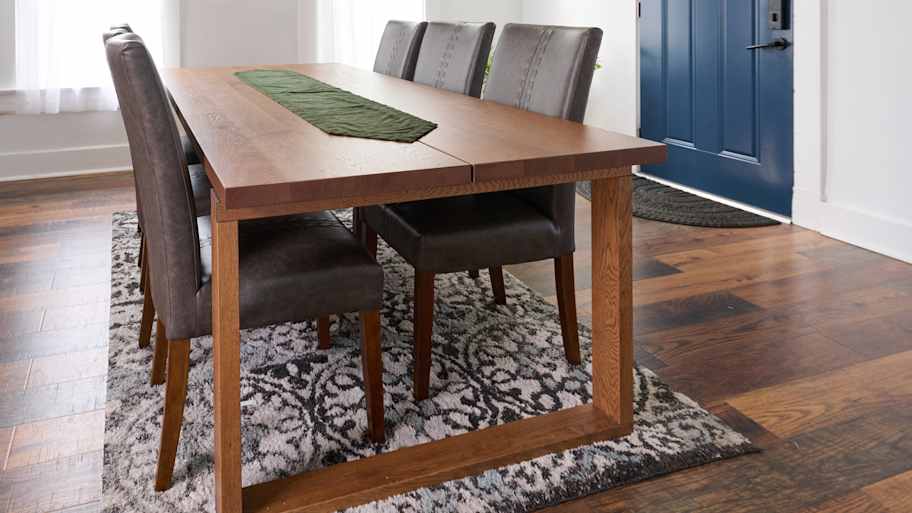
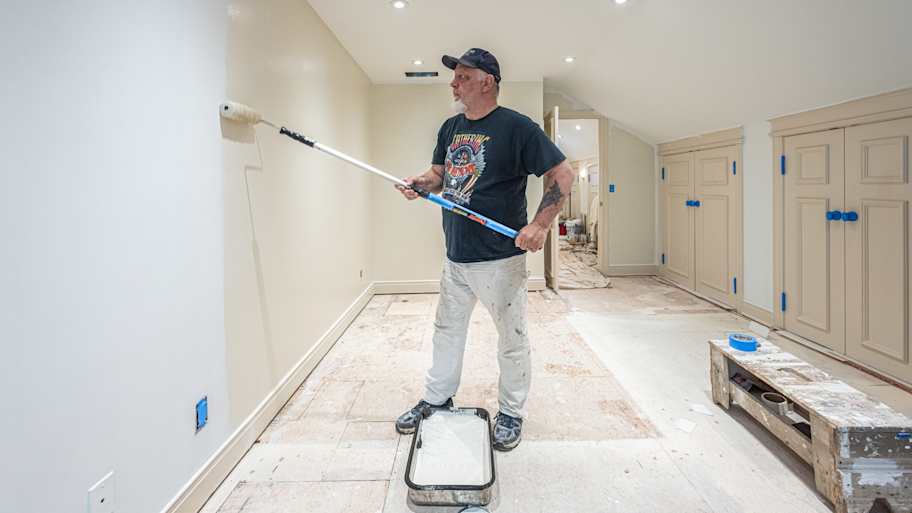
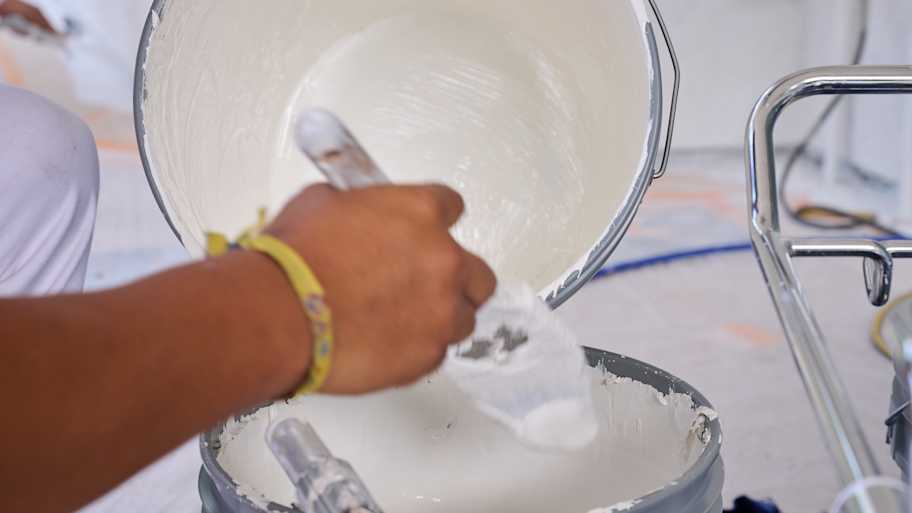
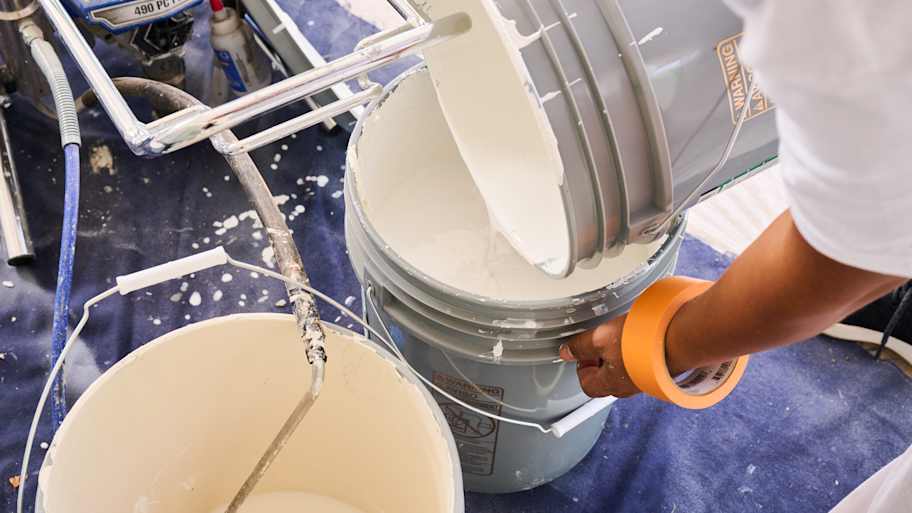
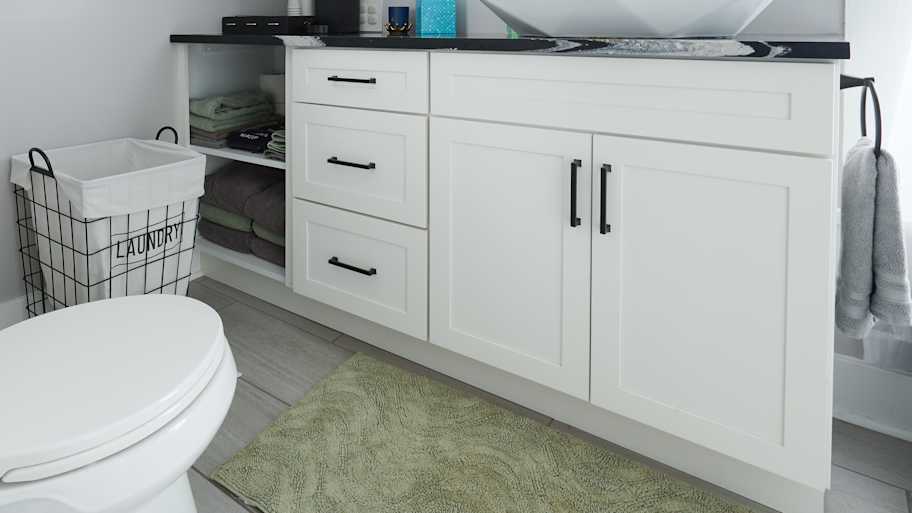
- The Biggest Home Painter Pitfalls To Watch Out For
- Make a Splash on Your Home’s Exterior by Hiring the Best Painter
- How to Find a Professional Painter and Get an Accurate Paint Job Estimate
- Do You Pay Painters Upfront for a House-Painting Job?
- What Should Painting Contracts Include? How to Hire a Painter
- Does a Painting Estimate Really Matter?
- 10 Key Questions to Ask an Interior Painting Contractor Before Hiring Them
- A Crash Course for Hiring a Contractor
- When to Remove Painter’s Tape for Clean Lines
- 11 Painting Tips and Techniques for Your Home Painting Project








